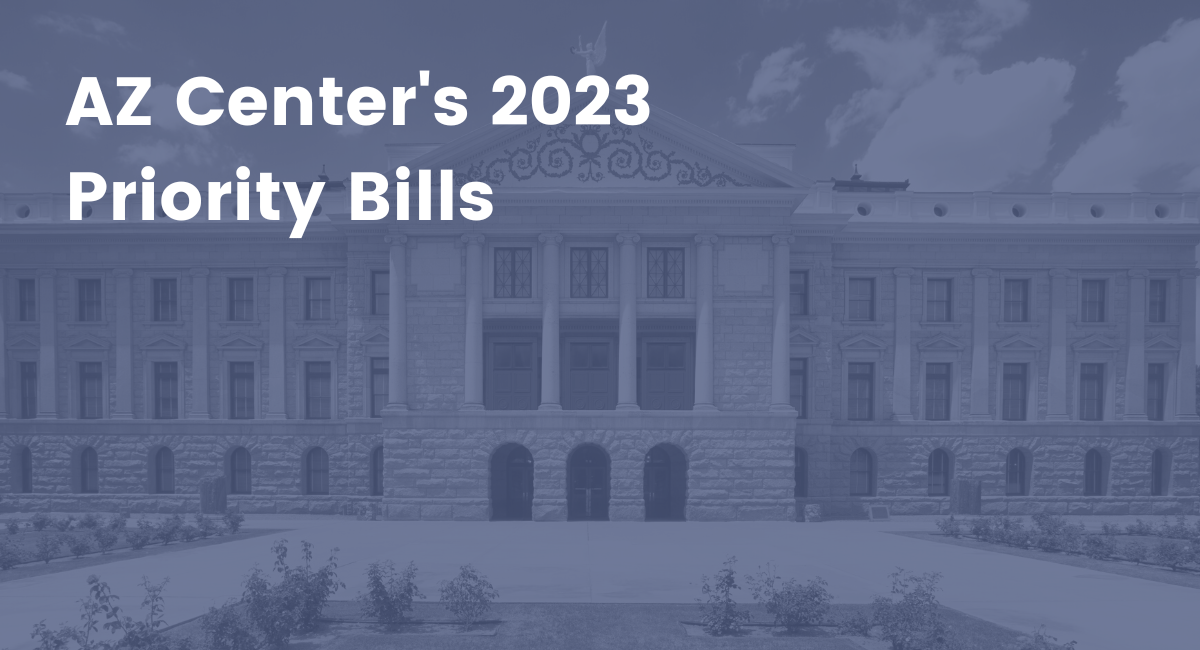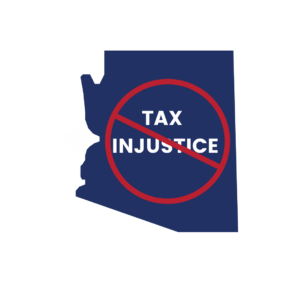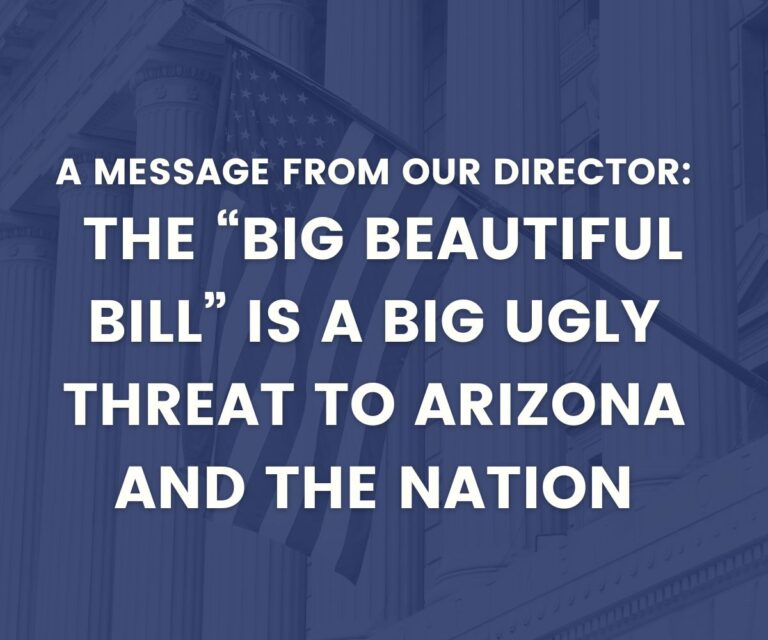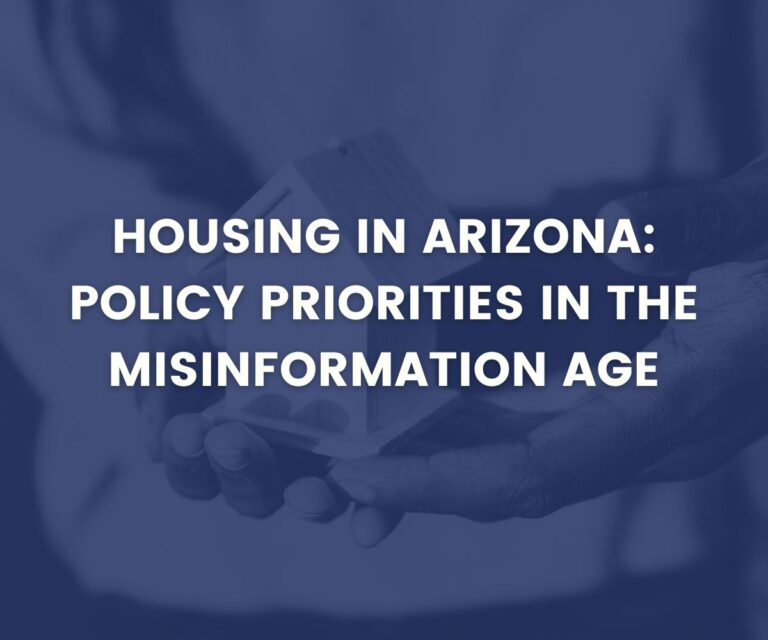
AZCenter Priority Bills: What We Support and Oppose to Build a Future for All Arizonans.

This legislative session, the AZCenter has identified 16 Priority Bills that will impact resources to create a better opportunity for all Arizonans. Bills like SCR 1035 and SB1577 would require the Arizona Department of Revenue to reduce the individual income tax rate by an amount equal to 50% of any structural surplus based on a formula contained in the measures in perpetuity. These measures inevitably shift responsibility downward, placing pressure on cities and towns to cut services or raise taxes to keep their budgets balanced.
Bills like SCR 1035 are no stranger to the legislature. In fact, 29 states have rejected similar bills since 2004, and from the early 2000s until about 2015 in Arizona, these bills surfaced every year. Thankfully, the opposition campaigns have defeated the measures each year. Unfortunately, this year is no different. The AZCenter and other partners stand against starving Arizona and will advocate against bills that prevent Arizonans from thriving. We will continue efforts to bring attention to ballot referral bills like SCR1035, which will pose a major threat to services and basic needs Arizonans count on.
Click here for our 2023 Priority Bills and click here for our AZCenter Legislative Agenda.



